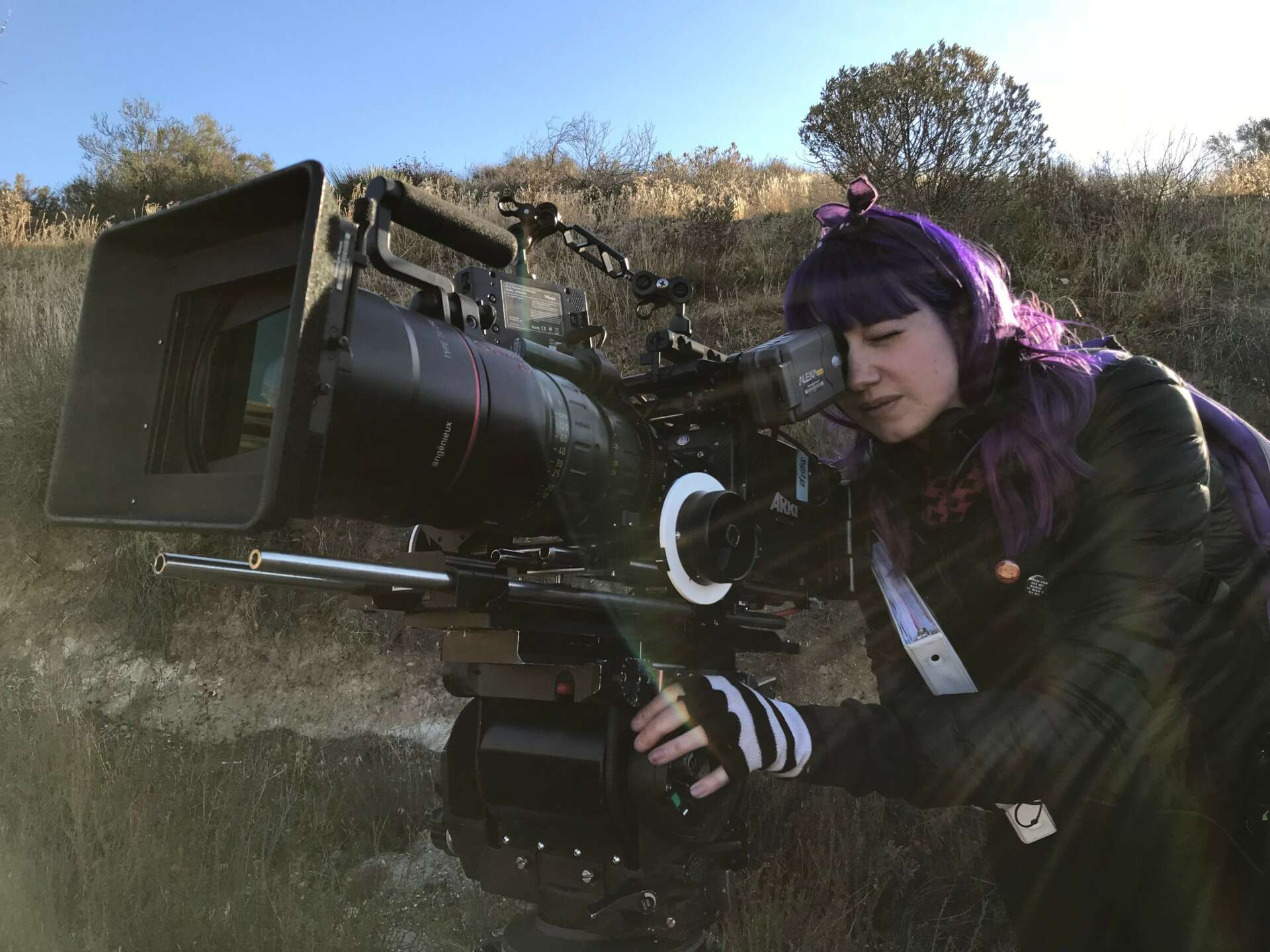We caught up with the brilliant and insightful Chelsea Stardust a few weeks ago and have shared our conversation below.
Alright, Chelsea thanks for taking the time to share your stories and insights with us today. Are you able to earn a full-time living from your creative work? If so, can you walk us through your journey and how you made it happen?
I moved to Los Angeles right after graduating college and I immediately started working as an assistant. I was an executive assistant for 10 years to various producers and directors before I had the chance to make my first feature film. It was on New Years Eve in 2018 that I realized that had been the very first year where I was *just* a director. It hadn’t really dawned on me before then because I had been so busy directing TWO feature films…clearly I was making up for lost time!
In 2019 both films were released (one on Hulu, ALL THAT WE DESTROY, and the other, SATANIC PANIC, did a massive festival run and later became available on VOD and Shudder). It felt like such a huge accomplishment to finally put my entire focus on writing and directing, and then direct two films in a year, and release them both the following year. I’m still so proud of that.
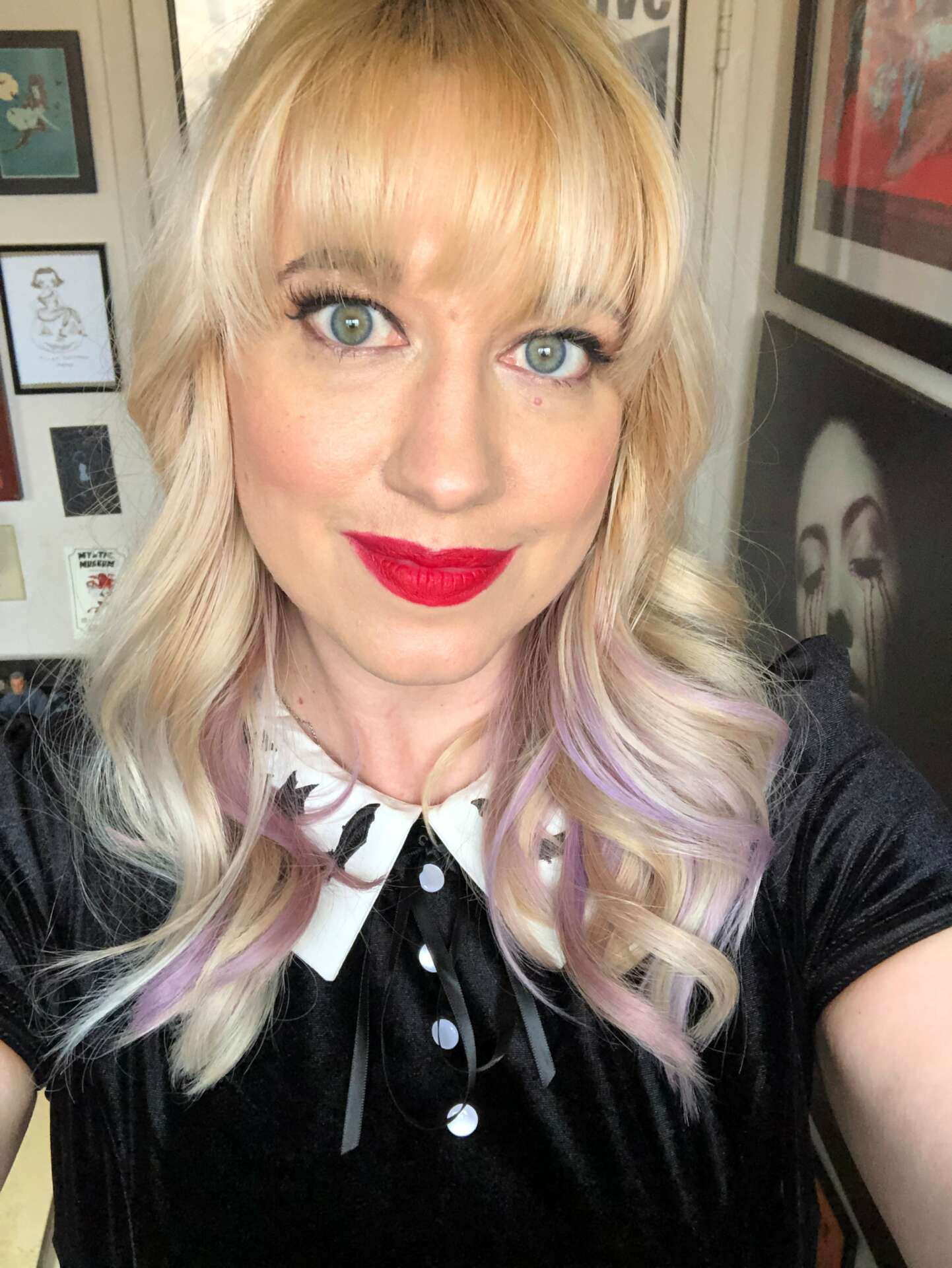
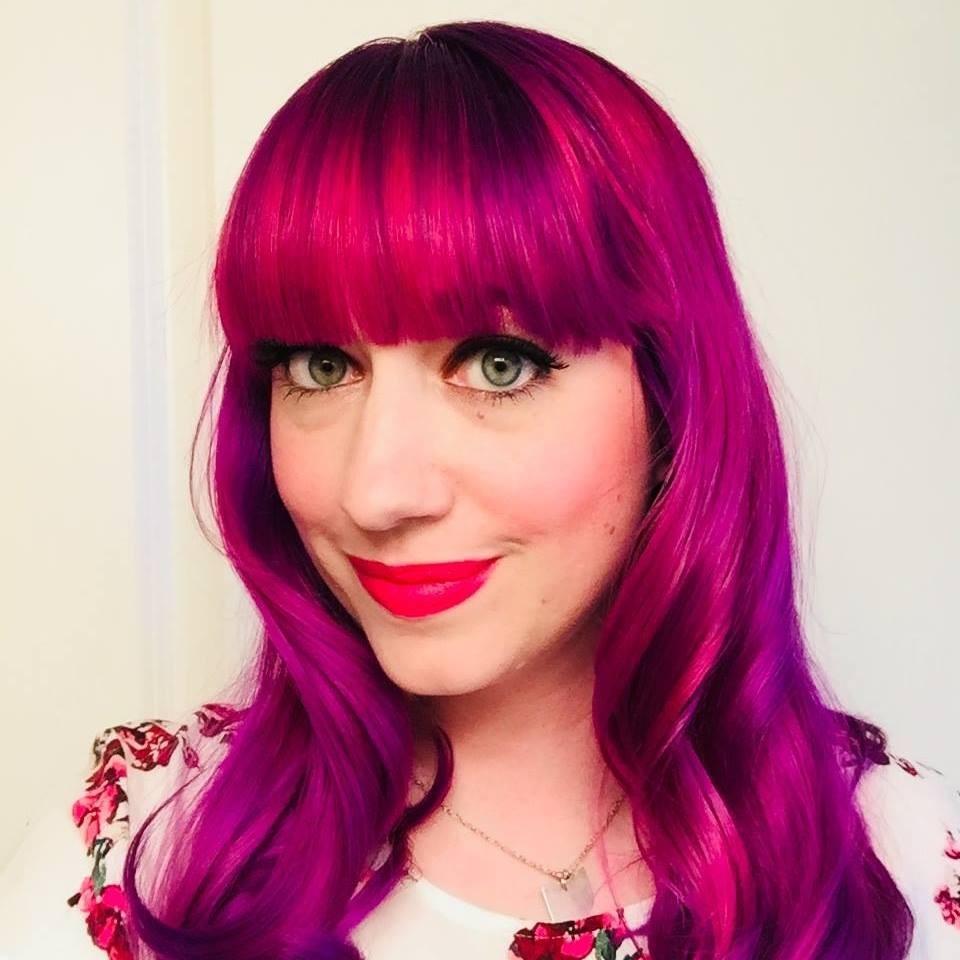
Chelsea , before we move on to more of these sorts of questions, can you take some time to bring our readers up to speed on you and what you do?
I knew I wanted to be a film director from a young age. I’m the daughter of two artists, so creativity runs in my blood. I went to a small film school in the Midwest and upon graduating immediately moved to Los Angeles. I worked as an assistant for various production companies (The Montecito Picture Company, Apatow Productions, Blumhouse Productions) to learn as much as I could about the craft and business of filmmaking.
I’m a huge fan of the horror genre and that lead me to start making short films with CryptTV, which helped me stretch my directing muscles, since I hadn’t directed anything since college. After accumulating a body of work I was proud of, I had the opportunity to make my first feature film with Blumhouse, a science fiction thriller titled ALL THAT WE DESTROY. That same year I made my second feature film, a fun and campy horror comedy titled SATANIC PANIC.
One of the main themes in my work is all of my films feature female characters and I always want to tell compelling stories with memorable characters.
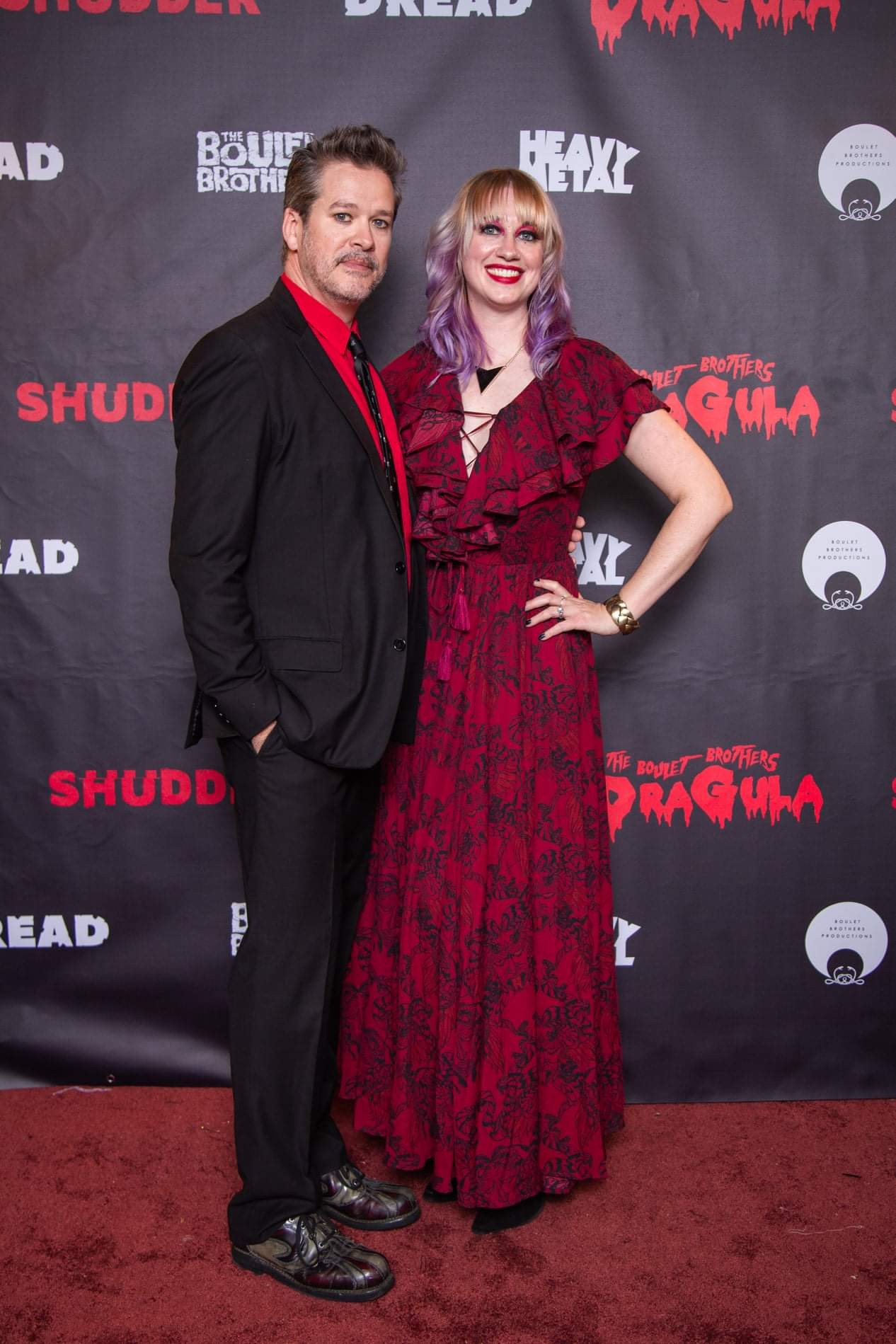
For you, what’s the most rewarding aspect of being a creative?
Anytime someone approaches me and tells me that my films inspired them to be a filmmaker. During the festival tour for SATANIC PANIC, so many people of all ages, mostly women, told me they loved my film and wanted to pursue filmmaking because of how much it inspired them. It was the ultimate validation.
That in itself makes the struggle as an artist/creative absolutely worth it. Knowing something you created, in this case a film, changed someone’s life for the better is such an incredibly powerful feeling. I couldn’t be happier about that.
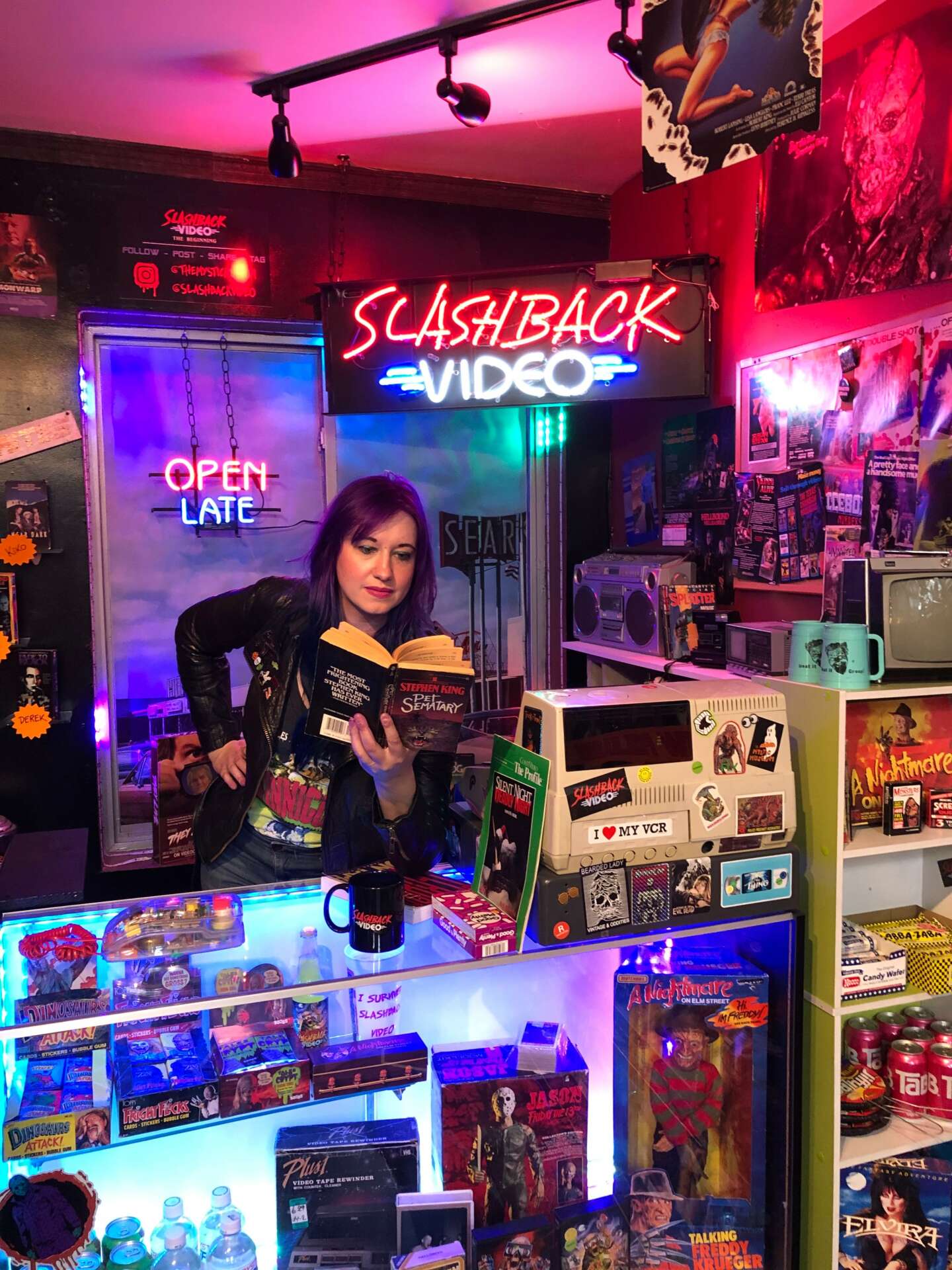
Is there something you think non-creatives will struggle to understand about your journey as a creative? Maybe you can provide some insight – you never know who might benefit from the enlightenment.
Something for non-creatives to keep in mind is that as a creative you can’t ever turn off your brain. You’re constantly surrounded by opportunities for inspiration. So basically you’re always “on” and always working. But there is an upside to that too. You find what fuels your creativity, what fills up your tank when you’re running on empty (because there is no time off, no vacation) and you seek out those things when you need them. For me it’s trips to art museums, reading books, watching cinema, traveling, and spending time with other creatives who inspire me.
Also, as a writer and director, there is no steady paycheck. You’re only paid when you’re hired to write or direct something (or if you have sold a script you wrote on your own time, for free). And once that gig is done, the paycheck is too. You can go long stretches without any income so it really teaches you how to save, budget and not live beyond your means. Occasionally you can have access to unemployment, but that’s not always guaranteed and it’s rarely enough to live on, especially in Los Angeles.
Being a writer and director is not easy and it requires resilience. You just have to keep pushing forward and never give up.
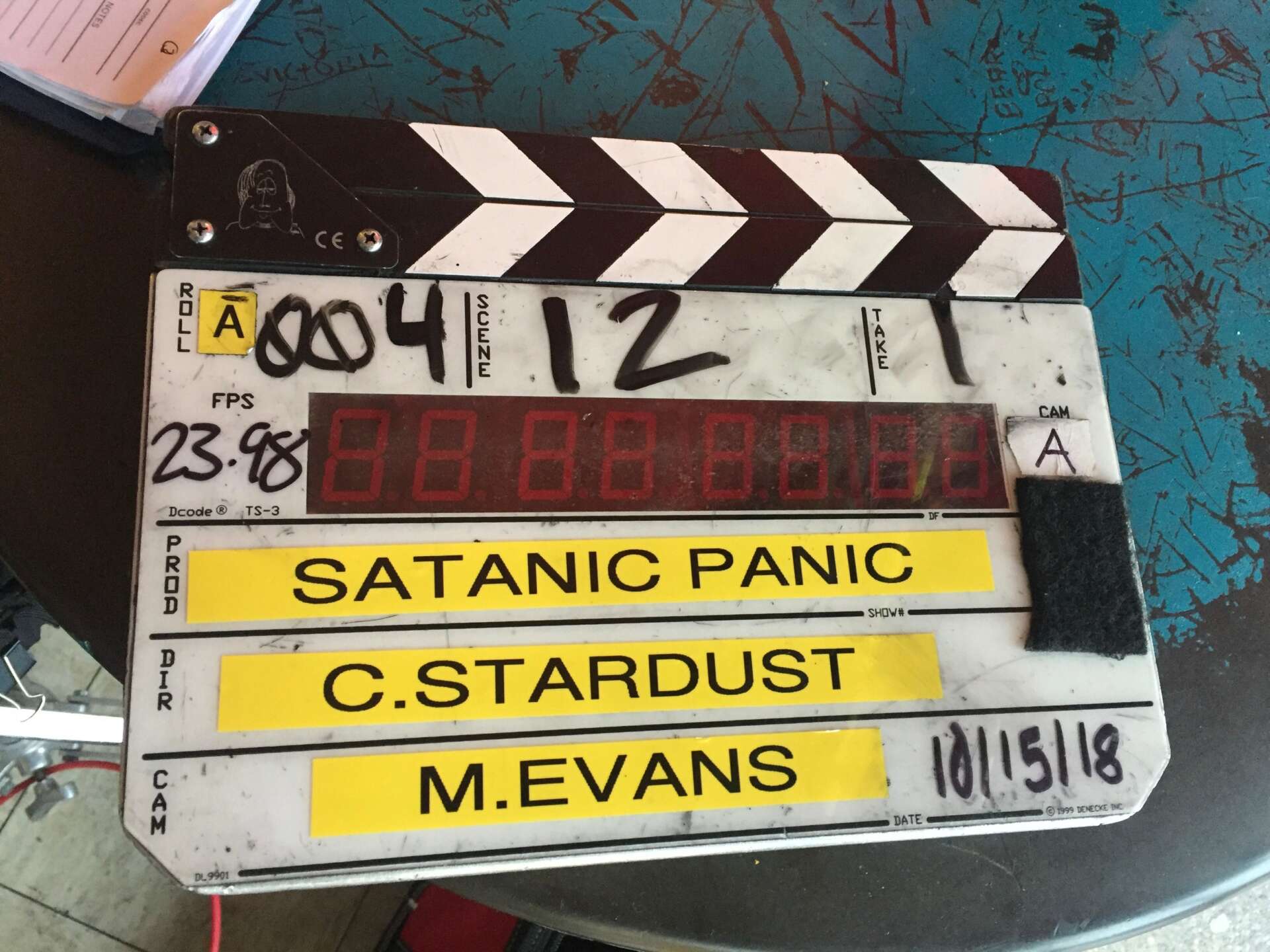
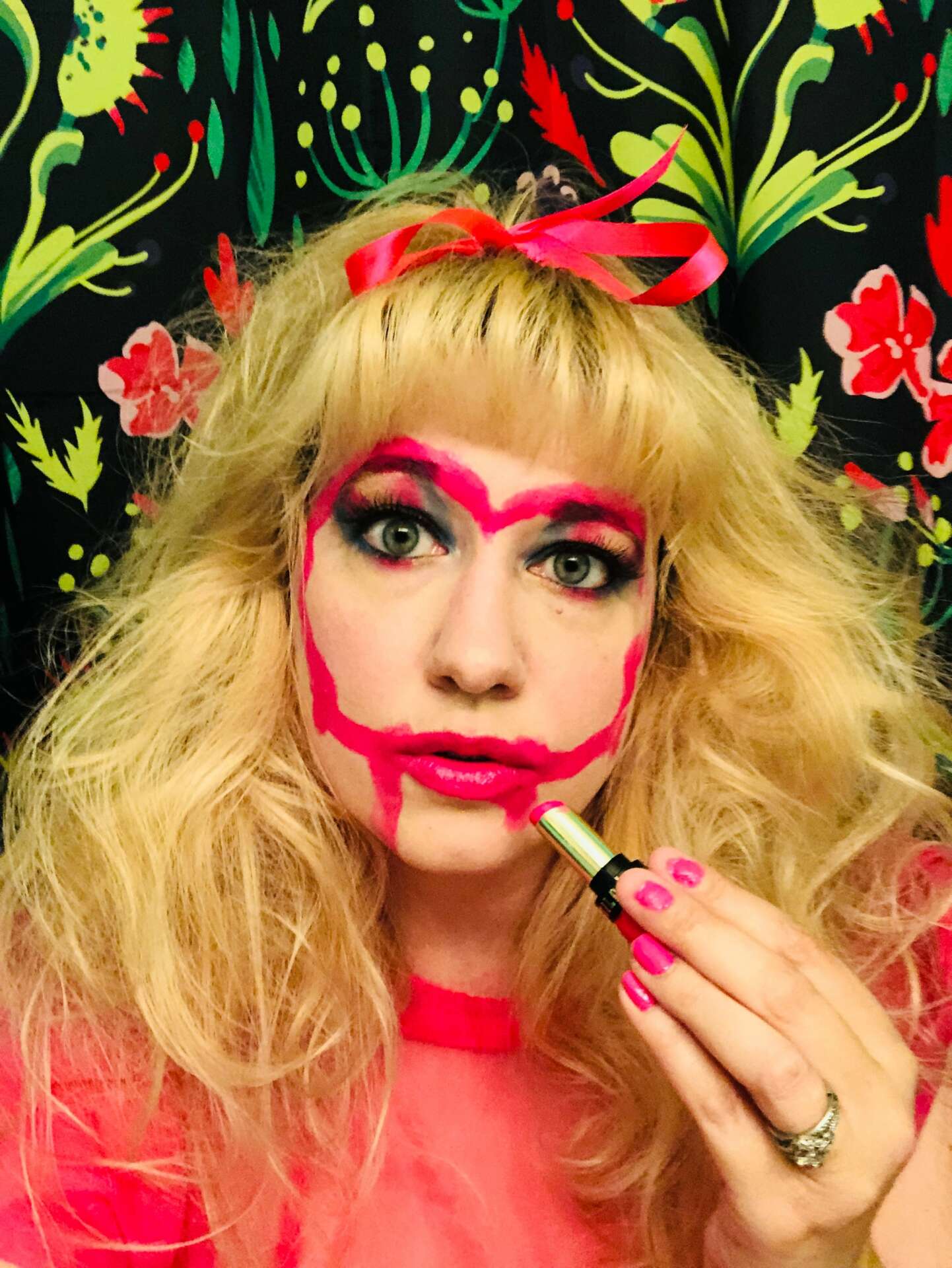
Contact Info:
- Instagram: @ChelseaStardust


